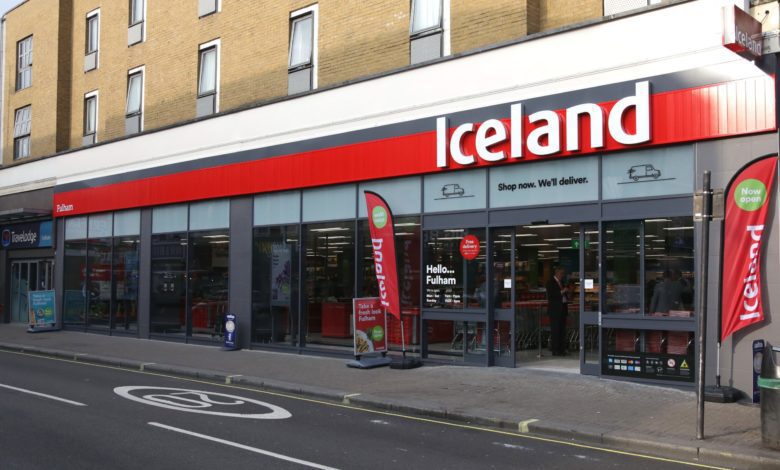Frozen food to see ‘meteoric rise’ in 2025, Iceland predicts
According to new research from the supermarket, frozen food sales in America rose by 54% towards the end of last year, with the UK expected to follow suit

Iceland has forecast a rise in the popularity of frozen food, which will become a “big focus” in 2025 as British shoppers follow trends seen across America.







